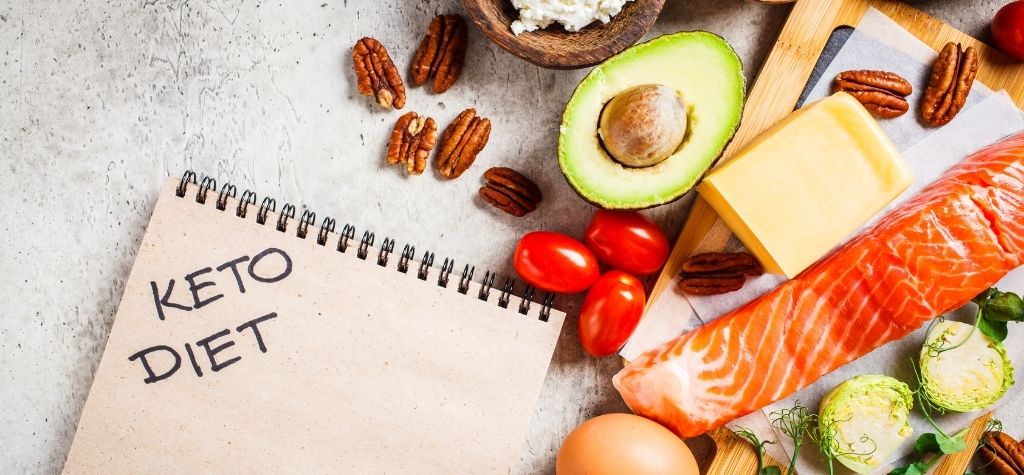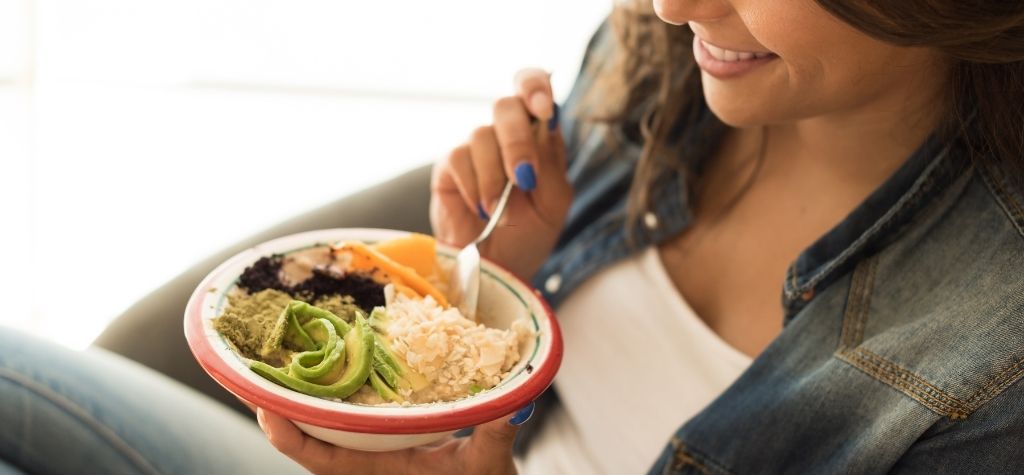The keto diet has become a popular choice for weight loss and better energy, but many followers have reported unexpected side effects—including blurry vision and eye discomfort. While ketosis can offer several benefits, a poorly planned keto diet can lead to nutritional deficiencies, dehydration, and other issues that directly impact eye health.
In this guide, we’ll explore five key eye red-flags nutritionists notice in keto dieters, why they happen, and how to protect your vision while staying keto-friendly.
Understanding the Keto Diet and Its Impact on Eye Health

The keto diet is a high-fat, low-carb eating plan that forces your body to burn fat for energy instead of carbohydrates. This metabolic state, known as ketosis, leads to the production of ketones—an alternative fuel source for the body and brain.
But while ketosis can support weight loss and improved mental clarity, it can also have side effects on vision due to sudden changes in blood sugar, hydration, and essential nutrient intake.
What Happens to Your Body on a Keto Diet?
When carbs are drastically reduced, blood sugar levels drop, and the body switches to fat-burning mode. This shift affects insulin levels, electrolyte balance, and hydration—all of which can influence eye health.
Additionally, because many fruits, whole grains, and some vegetables are restricted, keto dieters may lack vitamins A, E, C, and essential fatty acids, all crucial for maintaining healthy vision.
How Does Ketosis Affect the Eyes?
- Fluctuating blood sugar can cause temporary blurry vision.
- Dehydration may lead to dry eyes and eye irritation.
- Vitamin deficiencies impact the retina and optic nerve.
- Electrolyte imbalance can lead to headaches and eye strain.
5 Eye Red‑Flags Nutritionists Spot in Keto Diet Followers

Nutritionists often notice certain eye-related warning signs in people following a strict keto diet. If you experience these symptoms, it’s time to take action.
1. Sudden Blurry Vision After Starting Keto
A sudden shift in blood sugar levels can temporarily affect the lens of your eye, leading to blurred vision. For most people, this improves once the body adapts, but if it persists, it may indicate hypoglycemia or diabetic changes.
2. Frequent Dry Eyes and Eye Irritation
Reduced hydration on keto can cause dry eyes, burning sensations, or irritation. Low intake of omega-3 fatty acids can also reduce tear production, worsening dryness.
3. Light Sensitivity or Headaches Linked to Vision Changes
Many keto dieters report eye strain, headaches, and sensitivity to bright lights due to electrolyte imbalances, especially low magnesium or sodium.
4. Poor Night Vision or Difficulty Focusing
A lack of vitamin A-rich foods (like carrots, sweet potatoes, and leafy greens) can lead to problems with night vision or difficulty focusing in low-light conditions.
5. Eye Twitching or Strain from Nutrient Deficiencies
A deficiency in magnesium, B vitamins, or potassium can trigger eyelid twitching or spasms, signaling that your diet may need adjustments.
Nutritional Deficiencies on Keto That Impact Eye Health
The Role of Vitamin A, E, and Omega-3s
- Vitamin A supports night vision and eye lubrication.
- Vitamin E helps protect eye cells from oxidative stress.
- Omega-3s are essential for preventing dry eye syndrome.
Dehydration and Electrolyte Imbalance Effects
Since keto causes increased water and sodium loss, many people experience dehydration, which can directly affect eye comfort and vision clarity.
Safe Keto Practices to Protect Your Eyes

Smart Food Choices for Eye Health on Keto
- Include fatty fish, eggs, spinach, kale, and zucchini.
- Use healthy fats like avocado, olive oil, and flaxseed.
- Stay hydrated and consume electrolyte-rich drinks.
Supplementation and Regular Eye Check-ups
- Consider omega-3, vitamin A, and magnesium supplements (under medical advice).
- Schedule regular eye exams to track changes in vision health.
When to See an Eye Doctor Immediately
If you experience persistent blurry vision, sudden vision loss, eye pain, or flashing lights, consult an eye doctor right away. These symptoms could indicate serious conditions like retinal damage or diabetic retinopathy.
Expert Advice: Balancing Keto and Vision Health
Nutritionists recommend a well-planned keto diet that includes enough nutrient-dense foods to avoid deficiencies. Cycling keto or including occasional carb refeed days with eye-healthy foods may also help.
FAQs About Keto Diet and Vision Problems
1. Can keto cause temporary blurry vision?
Yes, rapid changes in blood sugar and hydration can cause short-term blurry vision.
2. Which nutrients should I focus on for better eye health on keto?
Vitamin A, E, omega-3 fatty acids, zinc, and magnesium are essential.
3. How can I prevent dry eyes while on keto?
Drink enough water, include omega-3-rich foods, and use artificial tears if needed.
4. Should I take supplements for eye health on keto?
Supplements can help if your diet lacks key vitamins, but always consult a doctor first.
5. Is keto safe for people with diabetes and vision issues?
It depends on individual health conditions—always seek medical advice.
6. How often should I get my eyes checked on keto?
At least once a year, or more frequently if you experience vision changes.
Conclusion: Prioritize Eye Health While Staying Keto-Friendly
The keto diet can be beneficial for weight management and energy, but it’s important to watch for signs of vision problems. By eating nutrient-rich foods, staying hydrated, and getting regular eye check-ups, you can enjoy keto while keeping your eyes healthy.

